Why Build the Green Party? – Jill Stein on RAI (pt 1/3)
This interview was originally produced on February 15, 2015. On Reality Asserts Itself, former Green Party presidential candidate Jill Stein tells Paul Jay that as a doctor/activist, she realized that the two-party political system will not tolerate reform from within.
PAUL JAY, SENIOR EDITOR, TRNN: Welcome to The Real News Network and Reality Asserts Itself. I’m Paul Jay. With SYRIZA’s breakthrough win in Greece and rising in the polls of Podemos in Spain, there’s perhaps renewed interest in the Green Party in the United States. Well, now joining us in the studio is the last presidential candidate of the Green Party, Jill Stein. Thanks for joining us.
DR. JILL STEIN, 2016 GREEN PARTY PRESIDENTIAL CANDIDATE: Great to be with you, Paul. So, in Reality Asserts Itself we usually start with a personal back story, and we’re going to do that now. So you grew up in Chicago.
STEIN: That’s right. I grew up in the suburbs north of Chicago.
JAY: And I know you become a medical doctor. So you start off early with a science bent?
STEIN: Yes, definitely. I love to go collecting butterflies with my father in suburban Highland Park. Growing up as a kid, I had a family that was very securely middle-class in the 1950s, growing up with all the privileges of being white.
JAY: Now, middle class can mean two different things in the United States. So is that working class? Or is that middle class that they were professionals?
STEIN: My father was a professional, and my mother was able to stay home and raise the kids.
JAY: And what did he do?
STEIN: He was an attorney.
JAY: What kind of attorney?
STEIN: Small business attorney, which–.
JAY: Corporate law, that kind of stuff.
STEIN: Yes. Exactly. That’s right.
JAY: Okay.
STEIN: And I grew up in a household that was largely apolitical but very sympathetic and interested in the civil rights movement. I became very involved in the antiwar movement in high school and sort of had that combat in my household. They weren’t quite ready to go there.
JAY: Were they Democrats? I mean, they voted Democratic Party?
STEIN: Yes. They weren’t sort of ideologically anything, but they tended to vote Democrats.
JAY: So they supported the Vietnam War, which was to a large extent a war of the Democratic Party?
STEIN: Yes. And they were clueless about the Vietnam War. And they considered themselves reliable, faithful, patriotic Americans. So of course they supported the war. You know, they were not into questioning things. But they really felt the excitement and the justice at a gut level of the civil rights movement. So that’s where they began to sort of break with the system a little bit.
JAY: So you grew up where the sort of official narrative is your parents’ narrative, more or less. When do you start questioning that?
STEIN: I took a summer trip on the so-called Experiment in International Living, which threw together a number of young people that included a socialist from New York. It included a young African American from Watts in Los Angeles as L.A. was going up on fire.
JAY: So this is the late ’60s.
STEIN: This was late ’60s. And we went to Sweden, you know, a allegedly socialist-leaning country at the time, and it really raised the curtain for me. And I came back sort of a very different person. My mother wanted to know, you know, where was her nice Jewish daughter that went to Sweden and never came back.
JAY: That’s funny. So, before you go to Sweden, if you were to imagine what you would grow up to be, what was in your mind? Before the trip.
STEIN: Truth to tell, it was probably being a housewife, maybe a housewife who would be involved in some kind of science. But it wasn’t formulated and it didn’t sit well with me.
JAY: What year do you go to Sweden?
STEIN: Sixty-seven, summer of ’67.
JAY: You’re in high school.
STEIN: Yeah.
JAY: So what blew your mind?
STEIN: The people that I was with, in particular the African American from L.A. who grew up in poverty and was struggling against it and very much had the spirit of the civil rights movement, a young socialist from New York who completely sort of tore apart my framing of the world. But my framing of the world was quite ready to be torn apart, growing up in comfortable suburban Chicago as much of the world was going up in flames. You know, it just–it wasn’t making sense.
JAY: Now, how aware were you of the world going up in flames?
STEIN: You know, fairly. You know, the riots at the Democratic Party convention. When was that? Sixty-eight. You know, the assassinations of Martin Luther King and Robert Kennedy. It was hard not to see that the world was really going up in flames and it wasn’t working. The women’s movement was beginning to take off at that time, and the antiwar movement. And those all really resonated with me in a deep way. And I felt like that was my home, that was my real home. My real home was not in comfortable suburbia.
JAY: So you come back from Sweden. You get involved in an antiwar movement. And that pits you somewhat at odds with your parents. Why? What happened? How serious did that get?
STEIN: You know, I think there was a major culture clash going on there. It was culture as well as politics, and sort of the hippie movement was happening. And there was just a total sort of rethinking in the women’s movement, a total rethinking of roles and goals and sort of an existential rethinking of where we were. So I was ready to totally toss out the assumptions I had grown up with. And I went to college, basically, looking to completely reboot my operating system.
JAY: So talk about your relationship with your parents, though. What happened? Like, does it get bitter, these political fights?
STEIN: You know, it was clear to me that they weren’t moving. And I also wasn’t ready to take up combat. My father was a lawyer, and things needed to be very fact-based, and I felt like I didn’t have a handle on that yet. I was busy being a good student. Politics wasn’t really a part of it. And I did not–I didn’t really take up the charge for a long time, although I was going to demonstrations and vigils and things like that. But I quickly kind of gave up on trying to argue it in my family. I had others in the family who were sort of taking the lead on that. And my role in the family was always more of being a peacekeeper and trying to get people to be civil with each other.
JAY: These are brothers and sisters?
STEIN: Yes, I have a brother and two older sisters. One of them was political before I was. And that’s kind of where the combat took place. And it was a very–what shall we say?–kind of emotional family, where there were lots of crosscurrents going on all the time.
JAY: And how much were your parents children of the Cold War? Much of their political formation takes place during the Cold War–very anti-communist, anti-socialist. I’m not saying your parents were; I’m saying that’s the culture and the outlook at the time. How much were they influenced by that? And then how about you?
STEIN: Yeah. No, they were not–you know, they were sufficiently apolitical that they really didn’t tune in to sort of international anti-communist issues and so on. Not really–.
JAY: But was socialism good, bad, or not a word that was used?
STEIN: Not a word that was used. But it’s interesting, because the parents of my parents seem to have been more political than my parents were, and those were on opposite sides. My father’s family that I really didn’t grow up with ’cause they had moved on to California for other reasons, but my understanding, somewhat after the fact, was that they were more involved in the labor movement. And my mother’s family was more involved in sort of personal security.
JAY: So you start getting involved in the antiwar movement. Where do you go to college?
STEIN: I went to Harvard.
JAY: Right. That’s the first step was Harvard.
STEIN: Yes.
JAY: Okay. So you jump right to elite northeast school. But it’s also a fairly political time there as well.
STEIN: It was. Yes. It was a great time to be at Harvard. There was a very vibrant antiwar, human rights movement going on at the time.
JAY: And why’d you want to go to Harvard? I mean, Harvard is where–there’s a book about–Harvard Rules. People go to Harvard to learn how to rule.
STEIN: Yes.
JAY: And it’s a fairly conscious choice to want to go to such an elite school.
STEIN: It totally is. And it’s really–it’s a reflection of where I was that I didn’t make the choice. It was totally my mother’s decision about where I was going to go to college. And I was perfectly happy with that, because I was for the most part a very compliant and accommodating daughter. And so I went to the school that my parents decided where I should go.
JAY: So when does this compliance start unraveling?
STEIN: You know, slowly and progressively. I mean, in many ways I continued to follow the trajectory. I went on to medical school from undergraduate life. And I got married and I had two kids and I was working in the clinic. And just–.
JAY: And where are you working, mostly?
STEIN: Initially I was at Harvard Community Health Plan, and then I was at a college clinic caring for students at many colleges in the Fenway in Boston.
JAY: So that’s–being a doctor’s a meaningful thing, especially if you’re doing community medical work. Where does this come that this isn’t enough, it’s not meaningful enough politically for you?
STEIN: Yeah. You know, when I’d gone to medical school, the thinking in my mind was that I would be a part of the community health center movement. And I was very inspired by that, how the work in the Mississippi bayou, basically, where these health centers became centers of community empowerment and education and political struggle, really. And that had been my intention, to sort of develop community health centers.And I got to Harvard Medical School, and there just wasn’t a place for it. And when I came out, I was a regular internist working at Harvard Community Health Plan, which became less and less about community and more and more an insurance company in the business of providing HMO-type care. And it was just you couldn’t shut your eyes to it. And I kept around the margins of the system, trying–you know, working in free clinics. I went to Guatemala and worked in the rural areas delivering care as part of my medical school training. I was always working around the margins of the system, trying to find where it could change. And when I was working as a medical doctor and I began seeing these epidemics in the clinic, but also in the community–I’m an internist, and I was taking care of young people, young adults in college. But as a member of a community with my kids in school, I was really seeing this epidemic of asthma and cancer and learning disabilities and autism and diabetes and obesity, all these things that we didn’t used to have. They just didn’t exist before. And the statistics document them as well. But we didn’t grow up with them. And there they were, and everybody was struggling with them. And I said to myself, this is just–our genes didn’t change overnight. It takes thousands and thousands of years to change our genes. Things are going on that are driving these diseases, and this is wrong. And at that point I became an activist working with Physicians for Social Responsibility and other groups looking at sort of the drivers of these epidemics–everything from poverty to air pollution to your neighborhood toxic waste site, mercury in fish, the food supply, etc. You name it. There are so many drivers. These are not natural-borne diseases, ’cause they’re inflicted.
JAY: So what did you conclude in terms of–.
STEIN: Well, this is fixable. Not only is it fixable as a health issue, but it’s fixable in a way that provides employment, gets our communities out of poverty. There are win-win solutions here. And I thought–and, in fact, the issue that really motivated me as a mother of young kids was breast milk contamination, which was, like, this horrifying wake-up call to me as a nursing mother to learn that there were things in breast milk that would get it off the shelf if it was cow’s milk. And then I learned, furthermore, it’s not breast milk, actually; it’s the environment of the womb, it’s the prenatal environment, where the really harmful exposures are taking place. Breastmilk on balance is extremely helpful, and I feel it’s important to say that every time I raise issues about breastmilk. It’s important to stress that it is the best thing out there, way better than your second-best options. But the fetal environment is the real concern. And so I thought, well, surely when our elected officials hear that the mother’s milk and the womb are paying the price here for these really awful policies that are trashing people and our economy and the planet, surely they will want to do the right thing. And then I got on the treadmill of being an advocate for about ten years, and I learned the hard way, as most advocates do, about how far that gets you. And I was actually ready to throw in the towel. In Massachusetts, we had a major coalition that worked on campaign finance reform, and we passed it by a two-to-one margin in a voter referendum. We got big money out of politics and created a voter-funded public funding, which was then repealed within a year by the Democratic legislature that repealed it on a voice vote. And to me that said, okay, this cannot be done through the system. The system will not tolerate reform from within. And it was right about at that time that I was asked to run for political office by the Green Party. I had not been a member of a party, did not believe politics. I voted, but I didn’t consider myself a member of any party. I just didn’t buy it.
JAY: And at this point you’re a full-time doctor.
STEIN: At this point I’m actually a half-time doctor, because I had cut back in order to have more engagement with my kids, married to a doctor who was doing a residency and never around. Either the kids were going to have half a parent or no parent. So I was very lucky to be in a position where I could cut back to half-time. So I was half-time anyhow as a very hands-on parent and working half-time in medicine. And I began to realize that instead of practicing clinical medicine, I needed to practice political medicine, because politics is really the mother of all illnesses. If we want to fix the things that are literally killing us, we’ve got to fix this very sick political system, which is inflicting all this stuff on us, which can be fixed.
JAY: So you started to run.
STEIN: I ran in the election of 2002. I ran for governor, figuring, well, at least I could address the issues that I was grappling with as an advocate for jobs, for ending poverty as a driver of disease, for cleaning up the air that pollutes poor communities above all. At least I could talk to a broader group. That’s how the campaign was pitched to me by the Green Party. And I said, well, that makes sense. So I entered that race because everything else had failed. I figured, well, why not try politics? Nothing else is working.
JAY: So did that work?
STEIN: I entered in desperation and I came out with inspiration. And if I can tell you in a second where the lights came on for me in a big way and I suddenly understood in the blink of an eye what was going on, we had fought to get into the debates. We were eliminated, of course. But we made enough noise about it that I actually got into a televised debate. So we were inside the debate. Mitt Romney was in this as well, and the state treasurer, Shannon O’Brien, who was the Democratic Party candidate, and a couple of others as well. And in that debate, which was inside of a TV studio–so there was no audience; it was just the other candidates, the moderator, and the camera people. And I spoke up for the usual things that the Green Party and progressives stand for–health care as a human right, education as a human right, cutting back on our bit military budget, living wages, racial justice, environmental justice, converting to a green economy. The usual things. And I was regarded as a complete lunatic fringe. No one even bothered to rebut those ideas. They were not considered even worthy of discussion. And when we walked out of the debate, out of the TV studio, for the first and last time I was mobbed by the press, who told me that I had won the debate on the instant online viewer poll. So, suddenly I realized what was going on, that the political game is a complete scam in which the media collaborate, the political parties collaborate, the nonprofits who are taking money from the political entities collaborate. And we all pretend that nobody’s interested in the politics of resistance and transformation. We all pretend. We all pretend it’s somewhere out in the fridge. And suddenly I understood that and I realized the power of Alice Walker’s words, that the biggest way we give up power is by not realizing we have it to start with. And from that moment on, I felt like, oh my God, you know, we have actually won this race already in the most difficult place–that is, in the court of public opinion. The challenge, however, is to get out there when there is a media blackout and when there’s institutional blackouts of all sorts. The challenge is how, without being on the payroll of corporate America and Wall Street, as the Democratic and Republican parties and candidates are, without being bought off, how do we then engineer the communications that we need in order to lift each other up? So, at that point, my objectives changed from persuading the public–I realized we don’t have to persuade the public, the public’s already there–to how do we help organize and lift us up, lift each other up, so that we can actually assert the democratic power that we actually have.
JAY: Okay. In the next segment of our interview, we’ll talk about just is the public really there and what you’re hoping from the 2016 campaign. Please join us for the continuation of our Reality Asserts Itself with Jill Stein on The Real News Network.
“Jill Ellen Stein is an American physician, activist, and former political candidate. She was the Green Party’s nominee for President of the United States in the 2012 and 2016 elections and the Green-Rainbow Party’s candidate for governor of Massachusetts in 2002 and 2010.”
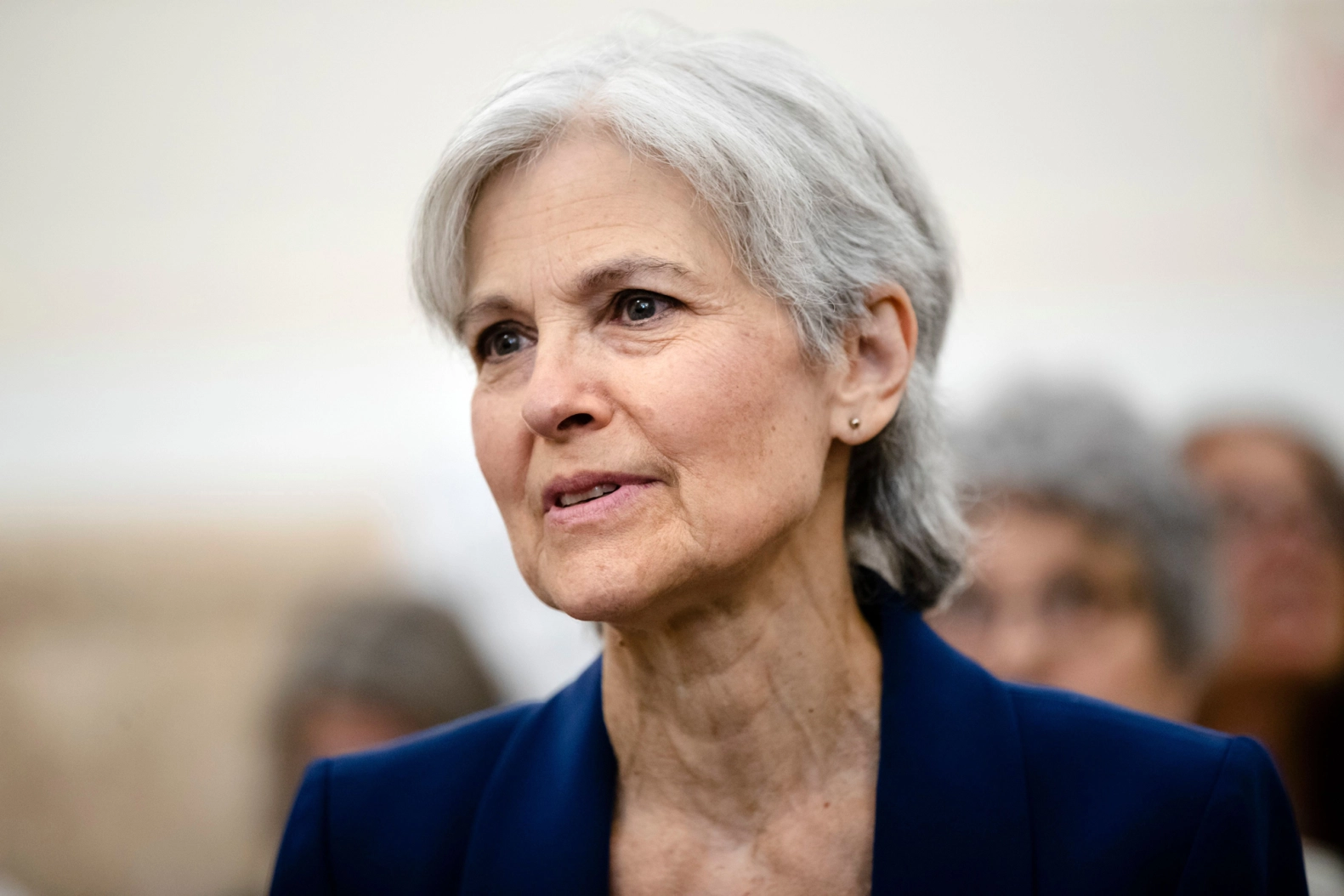
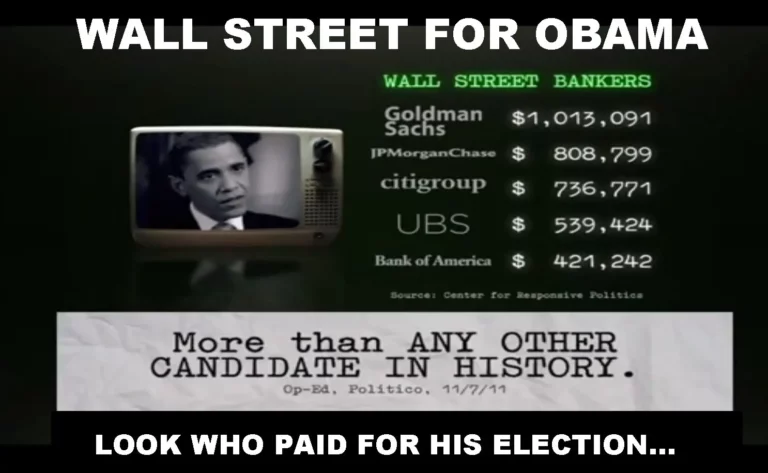
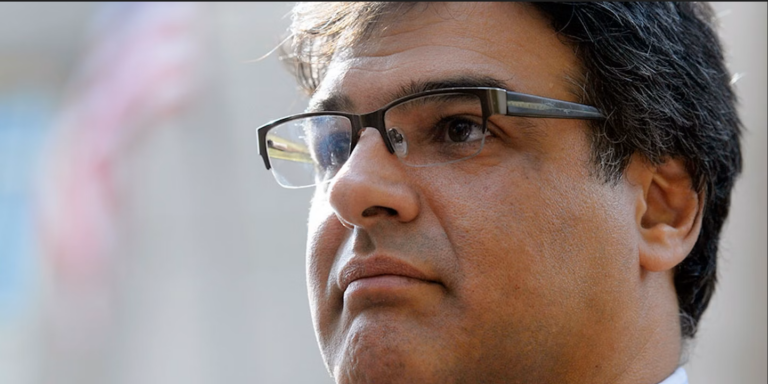
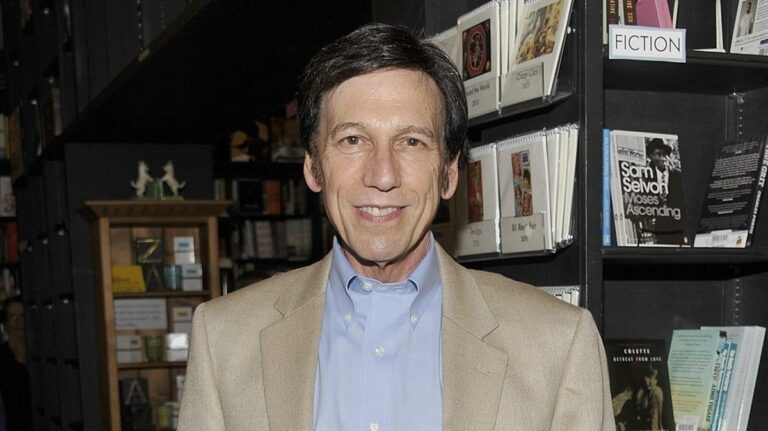
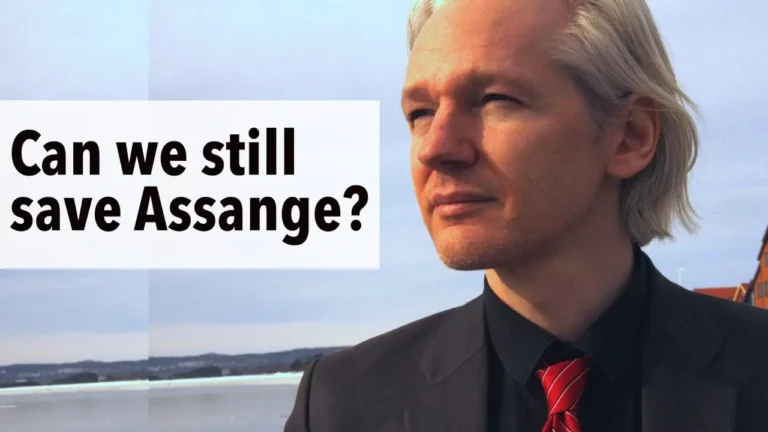
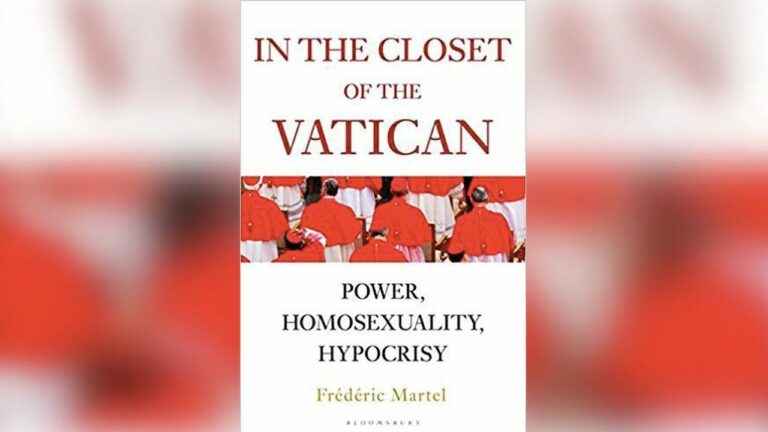

Thank you for this, Mr. Jay – a lot has happened to Stein since then – “Russiagate” for one – but the pattern is the same – having failed to put a nail in her political coffin in ’12, with the literal handcuffs, in ’16 it was a smear campaign, calling her a “Putin puppet” who aided and abetted Trump, and there is more … TPTB are still afraid, isn’t that strange, given her vote counts in both races – why is that, what are they afraid of …. How about having her back and asking her about this stuff – how has politics evolved, how has she evolved ….
In NYS, they were afraid enough of the Greens that Cuomo snuck in a ridiculous increase in the number of signatures required for ballot access for 3rd parties such that, for the first time, Hawkins couldn’t get on the ballot in the race for Gov. …. and in NC, Matt Hoh, as a Green for Sen. had to engage in a legal fight to get the election commission to finally certify the legitimacy of his inclusion on the ballot …
If these are indeed “fringe parties” and “3rd parties can’t win”, why keep them off ballots and out of debates? Maybe because the last time a 3rd party was allowed in the Pres. debates, e.g. was ’92 – and Perot got 19% of the vote? –
There is much concern about the contraction of voting rights – in terms of voter access to the polls, but no one seems to care about voter access to candidates
This, it seems to me, is one of the most important, yet most under reported, issues bearing on the question of whether we really have, or could have, a democracy “of, by, and for, the people – when their choice of candidates is being severely restricted – we don’t have to “outlaw” other parties as they do in “autocracies” – we just keep them off ballots … same result ….